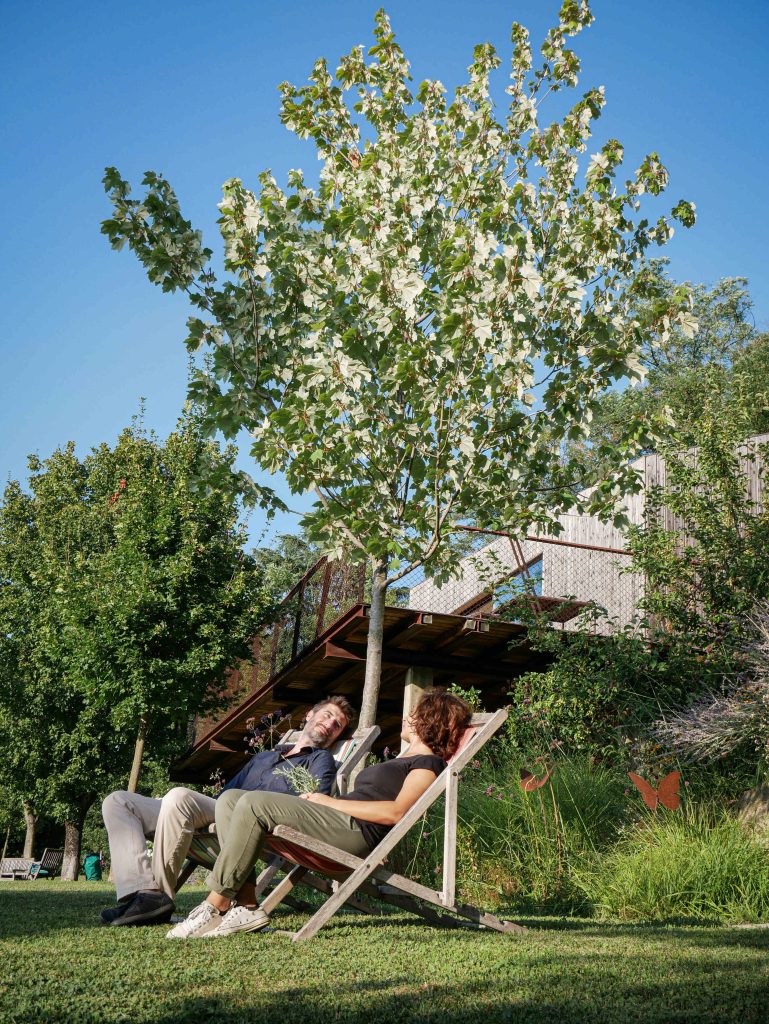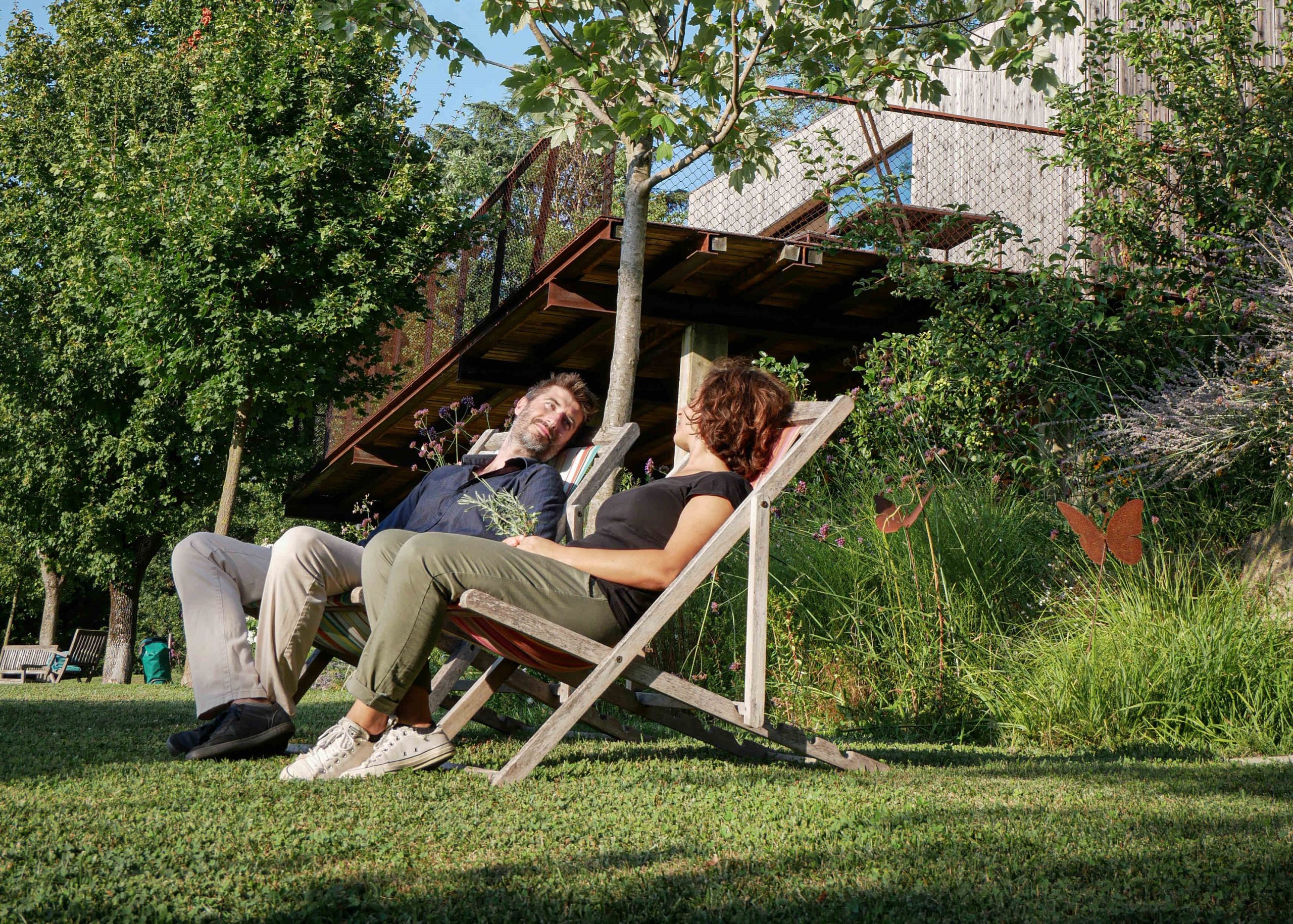Publication from the AllianceAuthor: Maurizio Droli, Lorena Bašan, Fabio Giuseppe Vassallo
Year of publication: 2022
Background: The relationship between Length Of Stay (LOS) and Metres Above Sea Level (MASL)
of Climate Therapy Stays (CTSs) and their therapeutic effectiveness and efficiency has been underresearched in the last four decades. As a consequence, the potentials of short-term and low-altitude
CTSs remain unknown. Objectives: The purpose of this study is twofold. Firstly, it aims to ascertain
whether LOS and MASL are related to the percentage change of Forced Expiratory Volume in 1
second (FEV1) and the percentage change of FEV1Compound Daily Improvement Rate (FEV1CDIR
% Change). Secondly, it aims to provide an evidence-based positioning of CTSs by considering the
same specific variables. Methods/Analysis: The study focuses on young people (age ˂18) who have
asthma problems. The Resource-Based Theory, postulating the valuability of natural resources
generating above-average benefits, has been adopted as a conceptual lens. Primary studies carried
out in eastern and western European countries and separately reviewed have been considered jointly.
Spearman’s rank correlation coefficient was used to determine the relationship between LOS and
MASL of CTSs with FEV1Change (%) and FEV1Change CDIR (%) as indicators of health
improvements. The descriptive statistics were implemented in calculating standardized and
aggregated values. Findings: Negative and significant relationships have been highlighted between
FEV1Change (%) and MASL and between FEV1Change CDIR % and LOS. In other words, subjects
can achieve significant health improvements even by experiencing very short climate therapy stays
at very low altitude mountain centres. Considering the FEV1Change (%) and the FEV1Change CDIR
(%) of climate stays by duration and elevation, the evidence-based knowledge platform has been
established as a possible framework for developing an evidence-based marketing strategy for new
health tourism products. Novelty/Improvement: Notwithstanding the need for further research, the
metrics facilitating interdisciplinary, human health and economic studies have been devised. Further
research on the effects of low altitude climate therapy stays could help define the healing potentials
of macro and microclimatic conditions as potentially valuable ‘health devices’ for those suffering
from respiratory diseases living in the COVID-19 era. Quantifying these effects through further
studies, an evidence-based approach to formulating marketing strategies may be devised, useful both
for supporting public health provision and policies, and for facilitating practitioners in health tourism
interested in offering nature-based activities for their clients.
Read more

